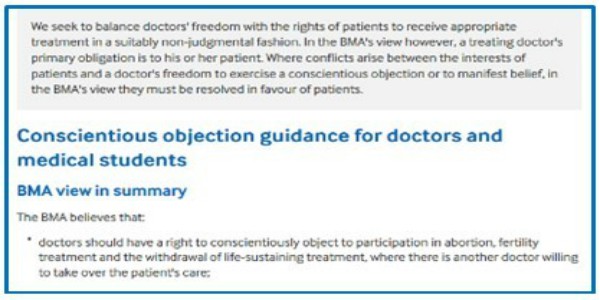
J Montgomery
Medical Law Review 2015 Spring;23(2):200-20.
English law expects health professionals to have, and act upon, consciences, but formal conscience clauses are not the main legal recognition of this expectation. Rather, they should be regarded as an anomaly with roots in very specific political settlements between society and health professions, whose legitimacy is historically contingent, and as an aspect of the ‘price’ to be paid for securing services. There are sound reasons for the protection of conscientious discretion as an aspect of professional identify, but specific rights of personal conscientious objection are difficult to reconcile with legitimate public expectations of comprehensive and non-discriminatory services. Professional identities include moral commitments, such as the privileging of patient safety over administrative convenience. These should not be permitted to be overridden by personal moralities during the course of service delivery (as opposed to debating in the abstract what the proper courses of action should be). Consequently, formal conscientious objection clauses should be reduced to a minimum and regularly revisited. It is generally more satisfactory to address clashes between the personal moralities of professionals and public expectations through more flexible means, enabling accommodation of a plurality of views where possible but acknowledging that this is a matter of striking an appropriate balance. Employment law rather than healthcare law provides the best mechanism for regulating this process.



